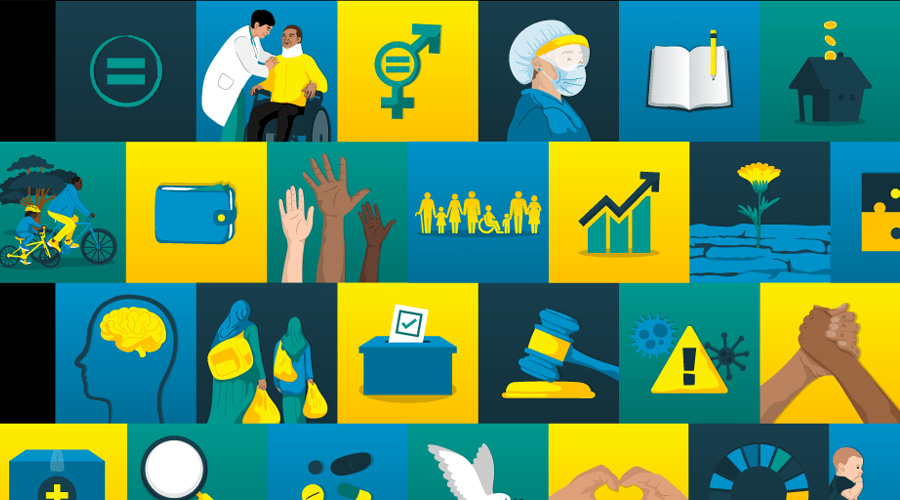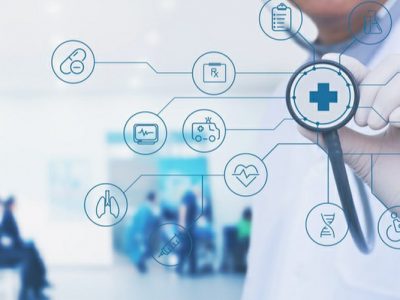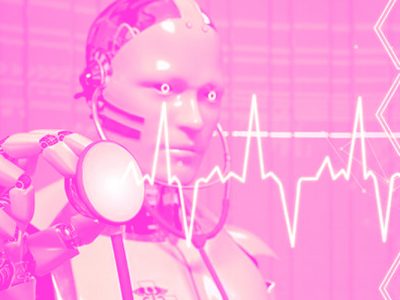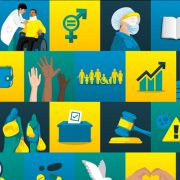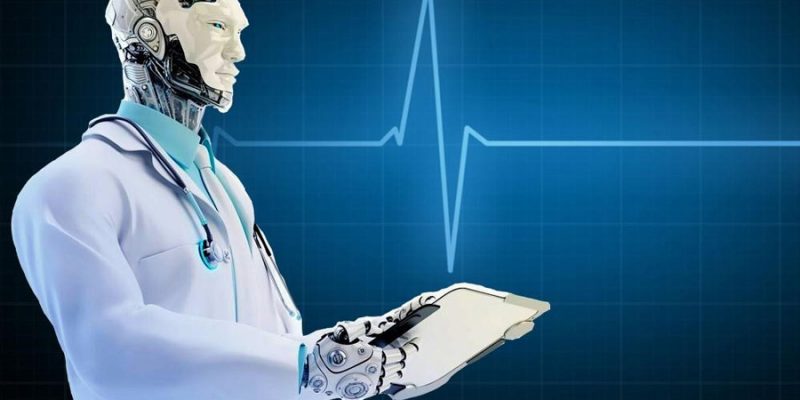
AI in healthcare revitalizing efficiency through healthcare prediction to avoid deadly occurrences
Automation and self-driven machines are uplifting healthtech applications in the healthcare industry. Advance healthcare solutions are flooding across the world, and every day new and innovative technologies are being launched to compete with one or the other. Artificial Intelligence in healthcare is one of the best healthtech applications known for dominating the healthtech space. Most of the time, artificial intelligence exceeds manual labor in multiple job positions, human minds and capabilities are far from being endangered under that. With this healthcare, predictions have grown widely and witnessed an upward trend in blocking worse medical conditions to occur from beforehand.
Assistive Datasets
AI algorithms built for healthcare predictions often explore the large healthcare datasets to reflect the prospective medical condition in an individual. Predictive AI efficiently diagnoses or detects barely visible symptoms that are unlikely to be tracked by the traditional systems. Besides, rare hereditary and neurodegenerative diseases are accurately presented in their budding stage by predictive AI in healthcare. A world where healthcare is evolving every day makes the aging population larger with better patient care services. Thus, predictive AI reduces the overwhelming pressure to a great extent. As preventive care practices already cease the critical situations from occurring hence, averting unnecessary thronging at once.
Determining Elements
Multiple external factors are involved apart from genetic characteristics in the growth of a human body. The patient’s health outcomes are assessed considering 50 percent of their regular exercises involving food habits and physical activities. Twenty percent of their surroundings influence social circumstances. And 30 percent of the genetic response. This makes it apparent how important it is to incorporate lifestyle factors into predictive AI in healthcare. One can leverage Predictive AI models with the respective factors to yield the best possible prescriptions for the patients reviewing the external factors and the disease at the same time.
Rectifying Healthcare Disparities
Predictive AI in healthcare is also known to solve complications caused by complex social determinants while interacting. Complications refer to the healthcare disparities among people belonging to different socioeconomic backgrounds. These often account for half the population in the world, even though primary habits remain the same.
Life-Saving Early Hints
Predictive AI in healthcare is not only beneficial for early diagnosis if barely arising symptoms of a disease, but it has significant implications in recommending trouble-free treatment. Often diseases that turn abysmal with time due to ignorance involve difficult and delicate therapies. Predictive AI can successfully replace this with a minor treatment when early signs are discovered. Besides, giving crucial insights about the medical conditions occurring in the human body is another notable trait of predictive AI in healthcare.
Autonomous Improvement
Machine learning models inspired by AI can learn and improve with big data storage stacking every day. Thus, this further helps in prioritizing the diseases that need immediate attention in the field of diagnostic. Algorithms including the following factors are considered by these AI models to accordingly adjust: life expectancy, patient triaging impact, associated expense, and its prevalence in the population.
Boundless AI
As far as the errors committed by AI models are concerned, scientists and experts believe predictive AI in healthcare can prove that sky is the limit. Besides assuring lesser errors, high efficiency and accuracy, cost-effective and favorable patient outcomes, predictive AI in healthcare can be extensively proactive as evolved from reactive. However, taking these as an immutable advantage is when strict regulations are not maintained, which makes the developed healthtech applications prone to technical errors. Considering that diligent guidance and supervision are essential in the process, they must be built.


